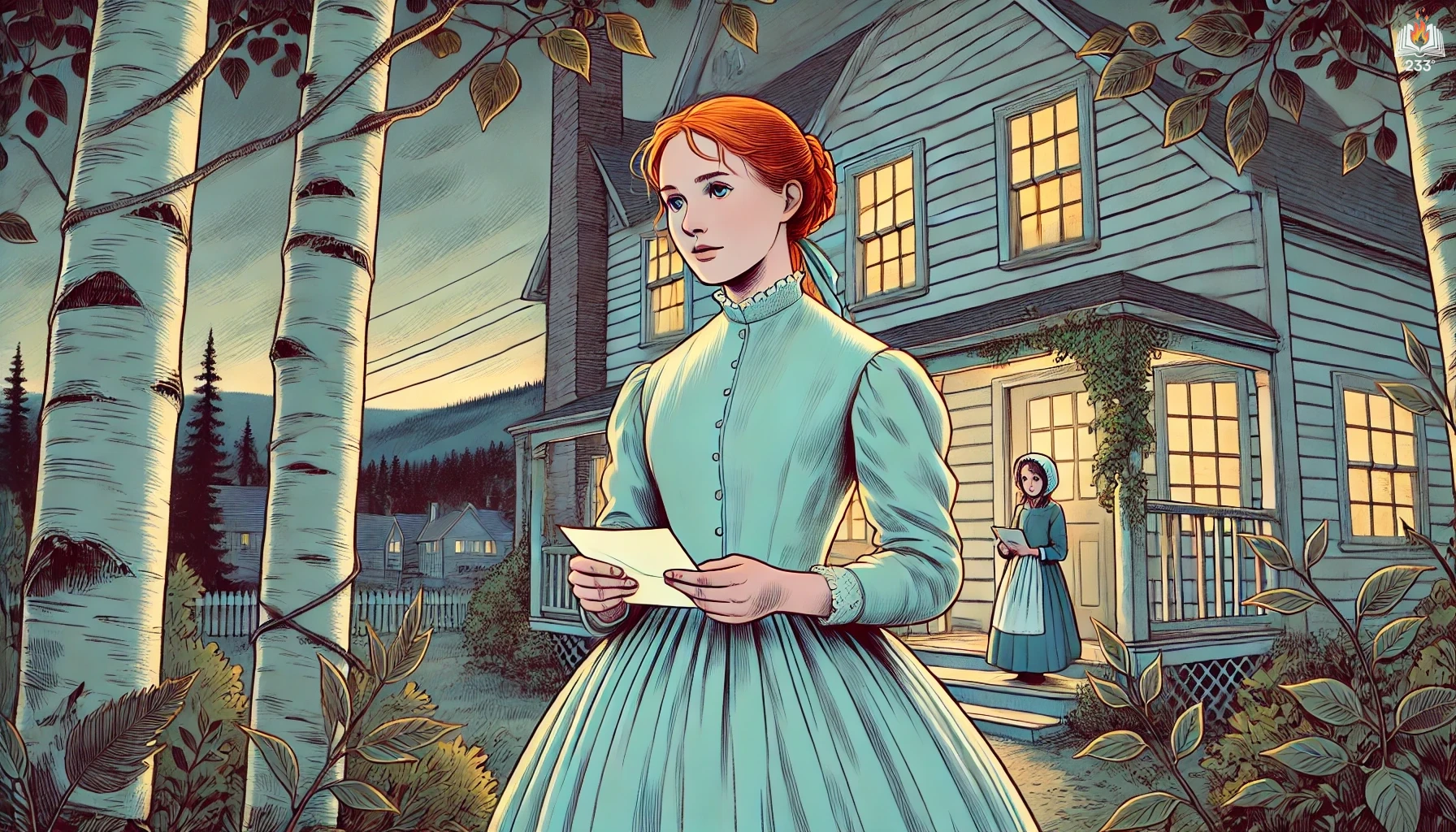The Zahir (2005) by Paulo Coelho is a thought-provoking novel that explores themes of love, obsession, freedom, and self-discovery. The story, narrated by a bestselling author, follows his quest to understand his wife Esther’s sudden disappearance. Set against a backdrop of global travels and inner exploration, the novel delves into the complexities of relationships and the pursuit of meaning.
Plot Summary
In the heart of Paris, a successful writer’s life unravels when his wife, Esther, a passionate war correspondent, suddenly disappears. This abrupt departure plunges him into a whirlwind of emotions and unanswered questions. Though authorities initially suspect foul play, Esther’s husband becomes preoccupied with unraveling the mystery of her absence. His mind oscillates between believing she has left him for another man and fearing for her safety. Her disappearance becomes his Zahir—a consuming obsession that drives him to seek meaning beyond the comforts of fame and fortune.
The investigation reveals tantalizing clues: Esther was last seen with a mysterious young man named Mikhail, whose enigmatic presence becomes central to her husband’s search. Mikhail, a native of Kazakhstan, is both a spiritual guide and a figure shrouded in mystery. The writer’s suspicions grow, but so does his realization that Esther’s departure was not a betrayal but an act of liberation. He begins to confront the walls he has built around himself, walls of routine, ego, and emotional detachment.
Haunted by his own failings as a partner, the writer embarks on a journey that takes him far beyond the physical act of locating Esther. His path leads him through various encounters and revelations. In Paris, he begins to untangle his memories, reflecting on the freedoms and constraints of their marriage. He recalls their deep bond, shared dreams, and the unspoken compromises that eroded their connection over time. Through these reflections, he acknowledges his own infidelities and the emotional distance he had created.
Guided by Mikhail, the writer sets out on a pilgrimage that takes him to Kazakhstan, where he immerses himself in a new culture and its spiritual philosophies. Mikhail introduces him to rituals and gatherings that seek to reconnect individuals with their deeper selves. These moments of collective spiritual awakening push the writer to confront his fears and reevaluate his priorities. He learns to embrace vulnerability, opening himself to the possibility of profound love and freedom, which can coexist without ownership.
Mikhail’s connection to Esther unfolds gradually, revealing a bond rooted in shared ideals and a search for meaning. Esther’s decision to leave was driven by her own need to escape the superficiality of their privileged lives. Her work as a journalist had exposed her to the harsh realities of war and human suffering, igniting a desire for authenticity and deeper truths. Mikhail’s presence provided her with the space and courage to break free from societal expectations, including the confines of her marriage.
As the writer delves deeper into this journey, he begins to understand the essence of the Zahir. It is not merely an obsession but a mirror reflecting his innermost fears, desires, and truths. The pilgrimage becomes less about finding Esther and more about rediscovering himself. His travels bring him closer to the landscapes of Kazakhstan, with its vast steppes and vibrant traditions, and closer still to an understanding of freedom—freedom that allows love to flourish without possession.
Eventually, the writer and Mikhail arrive at a small Kazakh village where Esther had sought refuge. Here, in the simplicity of the countryside, the writer experiences a profound transformation. He meets people who have embraced a way of life that prioritizes connection over ambition and spirituality over material wealth. Their wisdom helps him see that love cannot be caged or controlled; it must be allowed to grow freely, even if it means letting go.
The final meeting between the writer and Esther is both poignant and liberating. She reveals her journey of self-discovery and explains her reasons for leaving. She did not abandon their love but sought to rediscover her own identity, separate from the roles imposed on her as a wife and a journalist. In this reunion, there are no accusations, only understanding. They recognize that their bond endures, transformed by the distances and challenges they have faced.
Standing together in the Kazakh wilderness, they acknowledge the lessons learned through their separation. Their love is no longer rooted in possession or expectation but in mutual respect and freedom. The writer realizes that the Zahir has served its purpose: it led him to confront his deepest truths and transform his understanding of love. Esther, too, has found the courage to embrace her desires without fear. Though their paths diverged, they now stand on common ground, each free yet profoundly connected.
As the sun sets over the vast steppes, the writer and Esther share a quiet moment, their hearts unburdened. The journey, though painful, has brought them to a place of clarity and peace. Their love, like the endless horizon before them, remains boundless and free.
Main Characters
- The Narrator (Unnamed): A successful novelist grappling with his wife’s disappearance. He is introspective, flawed, and driven by a need to understand freedom and love.
- Esther: The narrator’s wife, a war correspondent who vanishes mysteriously. She is idealistic and determined, searching for a deeper sense of purpose.
- Mikhail: A young man who plays a pivotal role in Esther’s life and becomes the narrator’s guide to understanding the spiritual and emotional dimensions of freedom.
- Marie: A journalist and the narrator’s lover, representing comfort but also the limits of superficial relationships.
Theme
- Obsession and the Zahir: The novel’s title refers to an object or person that consumes the mind, symbolizing obsession and the inability to focus on anything else.
- Freedom and Confinement: Through the narrator’s journey, Coelho examines the nature of freedom—emotional, spiritual, and societal—and how it intertwines with love and loss.
- Love and Relationships: The story questions conventional notions of love, fidelity, and the sacrifices required to maintain a genuine connection.
- Self-Discovery and the Inner Journey: The narrator’s quest becomes as much about finding himself as it is about finding Esther, highlighting the importance of introspection.
- Cultural Exploration: The story traverses different settings, reflecting on diverse cultural perspectives on love, identity, and spiritual fulfillment.
Writing Style and Tone
Coelho’s writing style is introspective, philosophical, and poetic. He employs a first-person narrative that draws readers into the narrator’s mind, allowing them to experience his emotional and spiritual struggles firsthand. The prose is simple yet evocative, filled with metaphors and allegorical elements that lend a universal quality to the story.
The tone of The Zahir oscillates between melancholic and hopeful. It captures the despair of loss and the yearning for understanding while maintaining an undercurrent of optimism that transformation and redemption are always possible. Coelho’s use of direct addresses to the reader adds intimacy and deepens the impact of the narrator’s revelations.
We hope this summary has sparked your interest and would appreciate you following Celsius 233 on social media:
There’s a treasure trove of other fascinating book summaries waiting for you. Check out our collection of stories that inspire, thrill, and provoke thought, just like this one by checking out the Book Shelf or the Library
Remember, while our summaries capture the essence, they can never replace the full experience of reading the book. If this summary intrigued you, consider diving into the complete story – buy the book and immerse yourself in the author’s original work.
If you want to request a book summary, click here.
When Saurabh is not working/watching football/reading books/traveling, you can reach him via Twitter/X, LinkedIn, or Threads
Restart reading!








